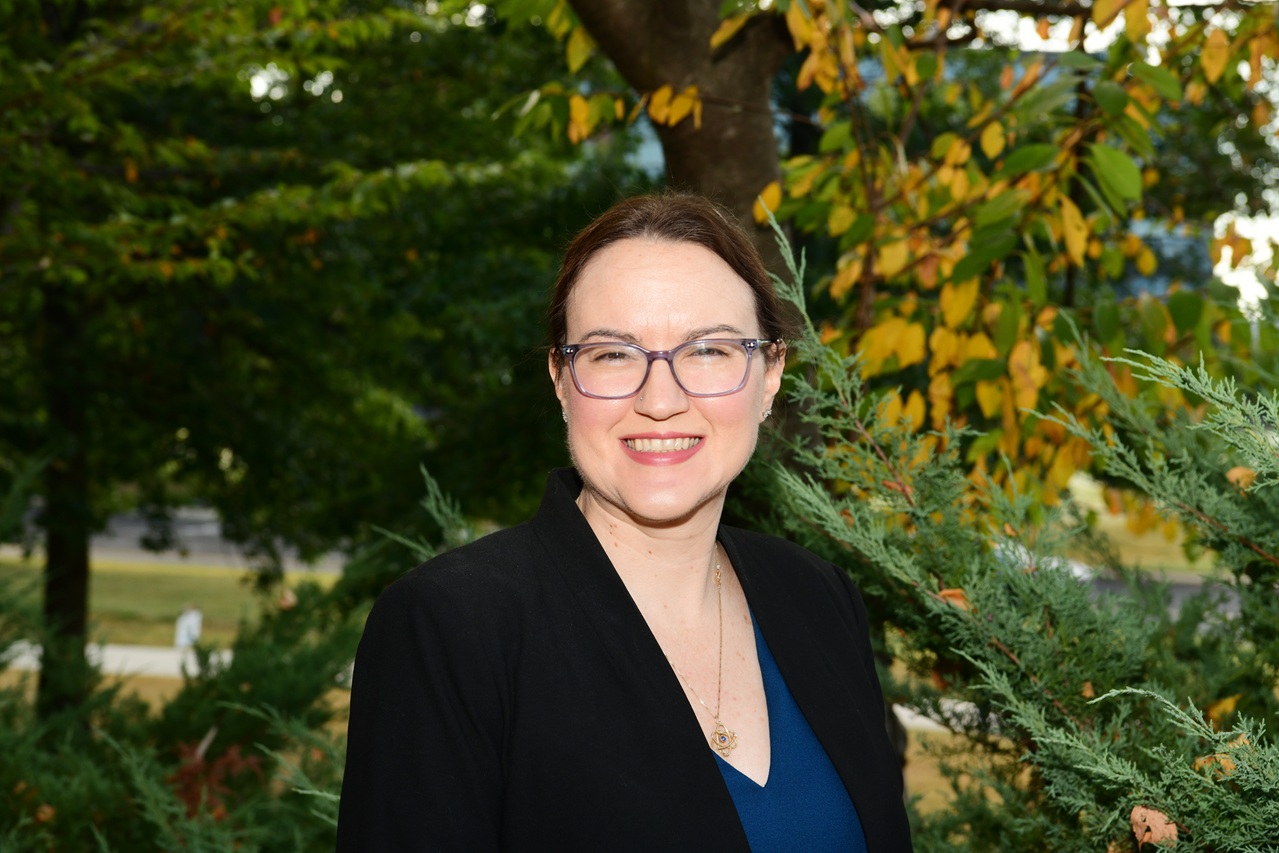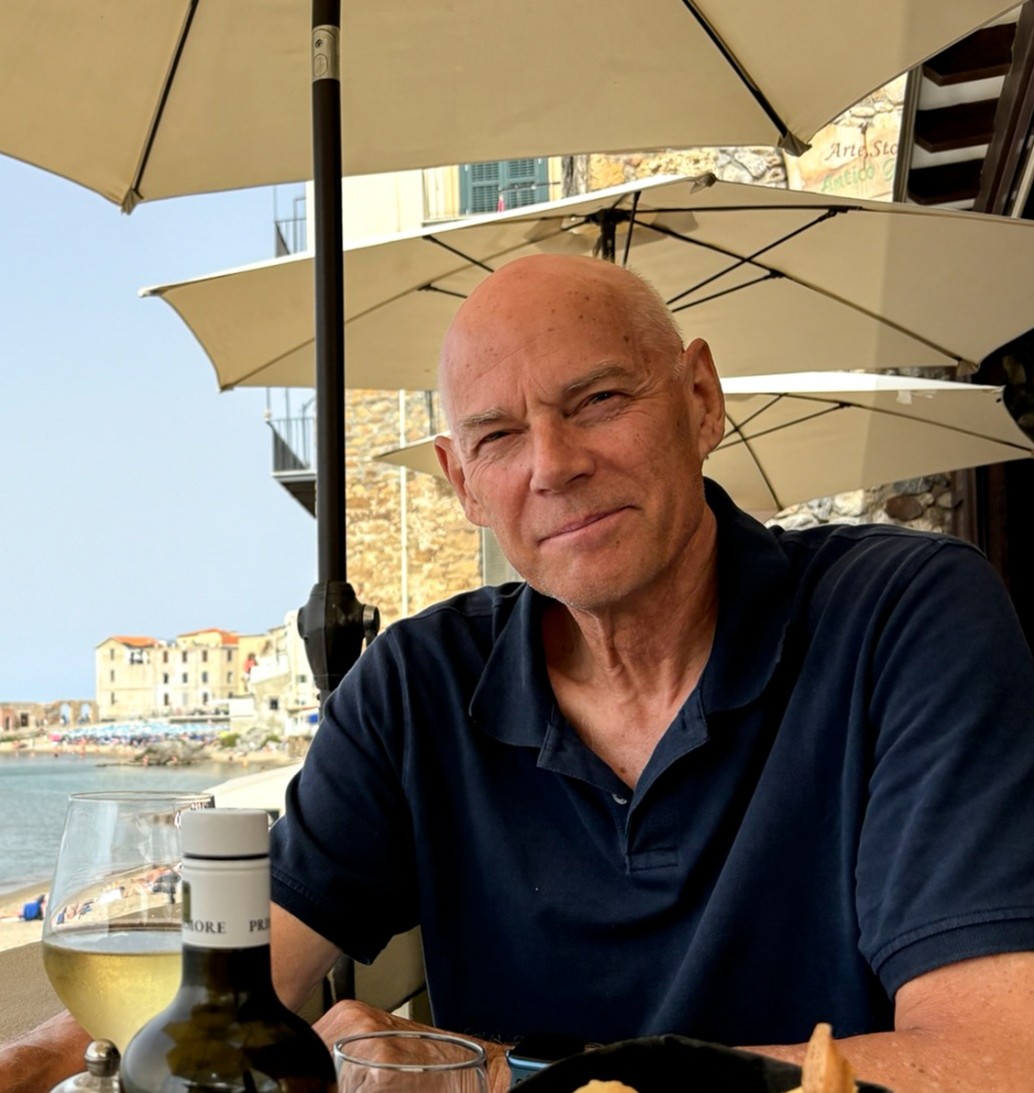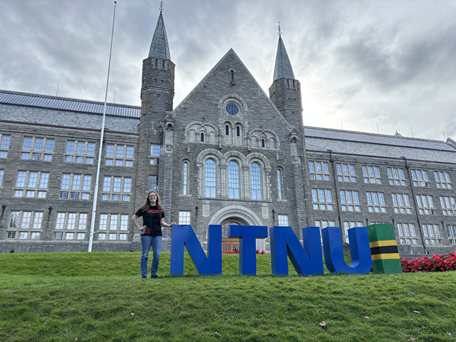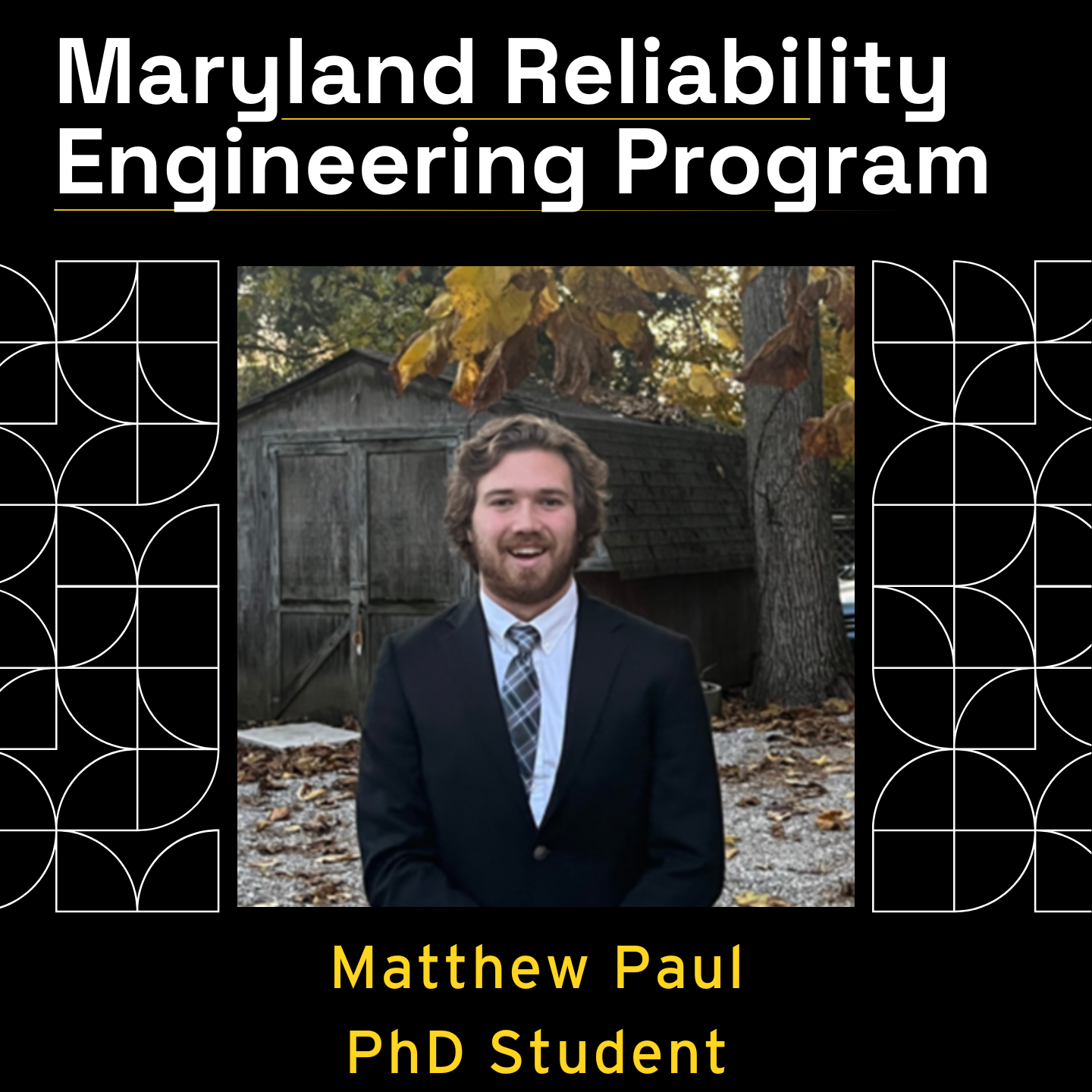News Story
Student Spotlight: Ciro Pinto-Coelho
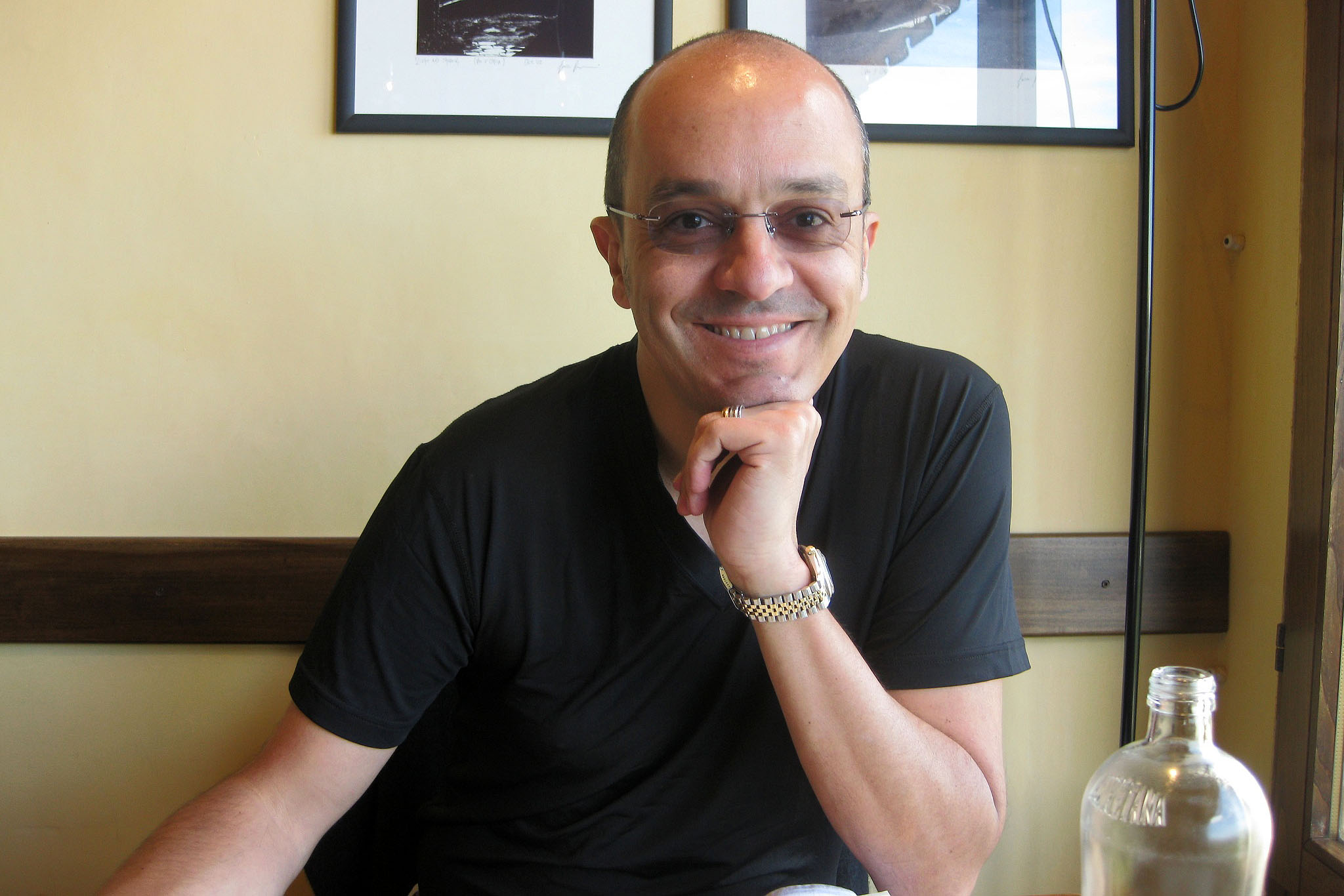
Name
Ciro Pinto-Coelho
Year in Program
Third-year Ph.D. candidate in Reliability Engineering
Advisor
Professor Michel Cukier
Dissertation Topic
The susceptibility of online communities to influence
What drew you to reliability engineering?
I retired in 2019 after a 34 year career in defense and intelligence, and I had met Dr. Cukier through my last employer where I worked as the technical director of the cyber and signals intelligence line of business. I was also the point of contact for the University of Maryland’s Advanced Cybersecurity Experience for Students (ACES) Program, of which Dr. Cukier is the director. We first met probably four years ago. I had mentioned to Dr. Cukier that I was thinking of going back to school and study something weird, like chaos theory. He suggested reliability engineering. On my last day of work, we had a meeting and Dr. Cukier explained the kind of research he was doing in cybersecurity. I eventually applied to the doctoral program in reliability engineering and I was offered assistantship and a place to do research. My wife had graduated from the University of Maryland in counseling psychology in May of 2017. And she affectionately said, “okay, now it's your turn.” That's how I got into the reliability engineering program. Outside of that, I have a bachelor's degree in biochemistry from the University of Maryland, and a master's degree in chemical engineering.
What is your research about?
My current research looks at how people in online communities that exchange texts are influenced by one another or by external forces to that community. We thought, if we were to do anything that involved testing of influence techniques or validating them, we would bump into a very challenging IRB situation. So we came up with the idea of creating a community of social chatbots and test those techniques on the social chatbots to see if they can be influenced, and use those as a laboratory to test both influence techniques and mitigation techniques. Then, about six or eight months later, we learned that The National Academies of Sciences, Engineering, and Medicine had identified that very same problem where you can't test these techniques on people. So we are building that environment and connecting chatbots or large language models as they are known to that environment, and seeing how they interact with one another.
What do you want people to know about Reliability Engineering that they may not know?
When you hear the words reliability engineering, people generally think of hardware. I worked at Westinghouse Electric in Baltimore for 12 or 13 years, and reliability in those days was about hardware. What I would want people to understand is that there's certainly a very big hardware component, but reliability engineering also deals with people because certainly in cybersecurity, people are the weakest link. So we need to understand the effect people have on information technology systems, and that is a reliability issue.
What is a fun fact about yourself?
I guess I'm a very different graduate student. I'm a retired person. So most of the students that I deal with are less than half my age. It's a different dynamic. I have two daughters, they are 34 and 31. I remember very clearly when I went into my first class, I thought the students were all younger than my youngest daughter. It was really strange. Most people who deal with me say, “you’re retired, what are you doing going back to school? You made a mistake”. To that I say, no, I'm just very curious. I want to do research. Just because you're retired or older, whatever you want to call it, don't stop being curious. Don't stop trying to do things that push you, stretch you and teach you.
Published November 22, 2021






